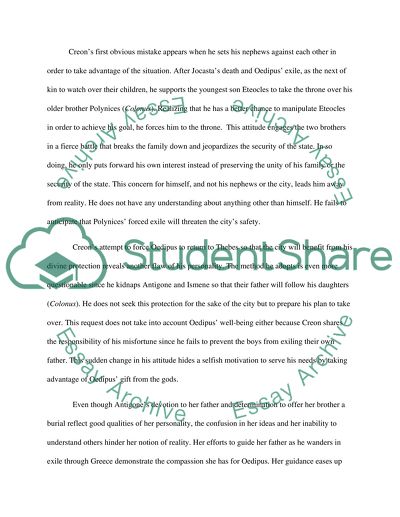Cite this document
(“Does Either Antigone or Creon Get Reality Right, and is Either a Essay”, n.d.)
Does Either Antigone or Creon Get Reality Right, and is Either a Essay. Retrieved from https://studentshare.org/literature/1446900-does-either-antigone-or-creon-get-reality-right
Does Either Antigone or Creon Get Reality Right, and is Either a Essay. Retrieved from https://studentshare.org/literature/1446900-does-either-antigone-or-creon-get-reality-right
(Does Either Antigone or Creon Get Reality Right, and Is Either a Essay)
Does Either Antigone or Creon Get Reality Right, and Is Either a Essay. https://studentshare.org/literature/1446900-does-either-antigone-or-creon-get-reality-right.
Does Either Antigone or Creon Get Reality Right, and Is Either a Essay. https://studentshare.org/literature/1446900-does-either-antigone-or-creon-get-reality-right.
“Does Either Antigone or Creon Get Reality Right, and Is Either a Essay”, n.d. https://studentshare.org/literature/1446900-does-either-antigone-or-creon-get-reality-right.


